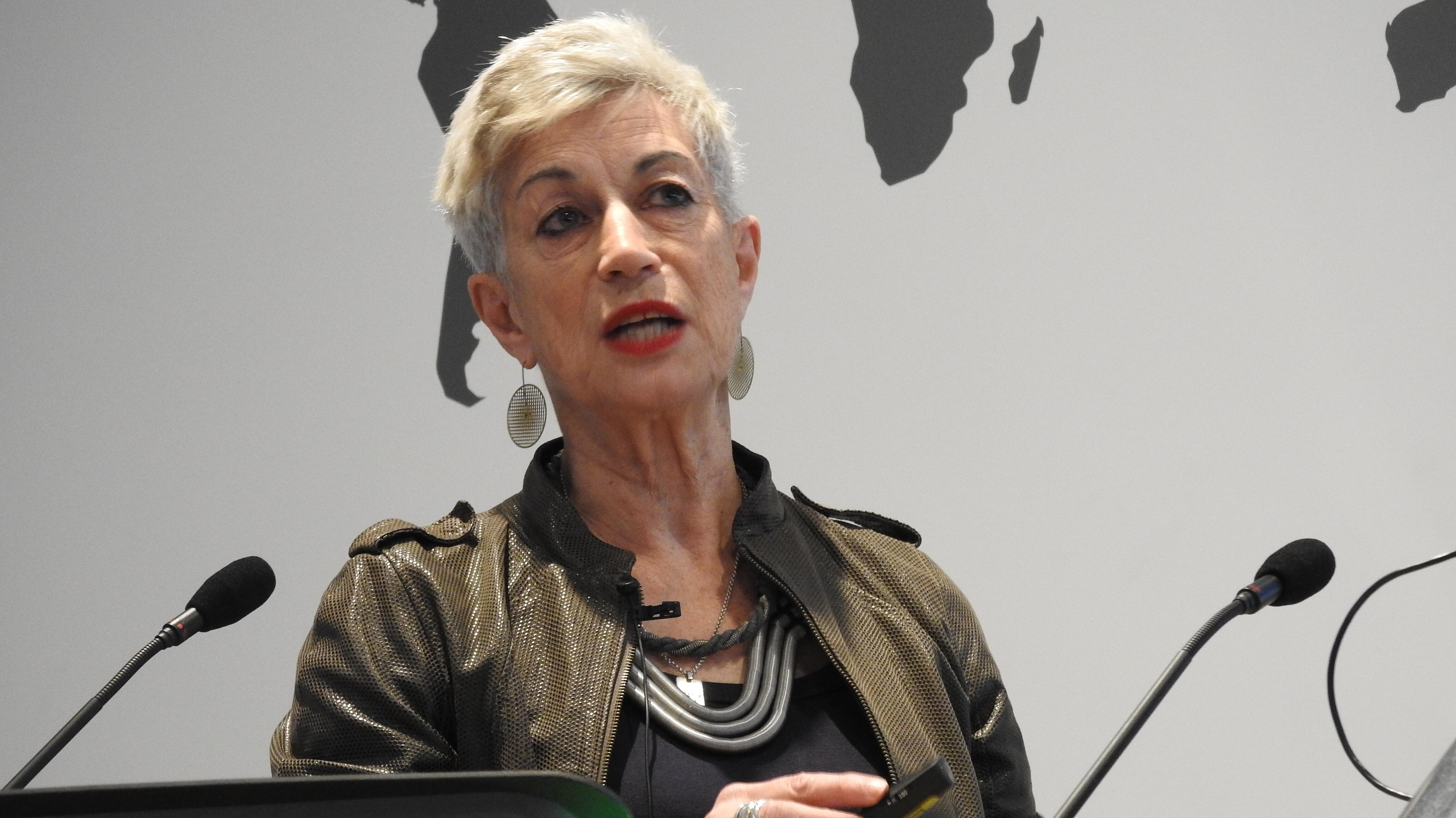
In this seminar, Professor Lenore Manderson explores the inevitable impact of rapidly escalating temperatures on the distribution of disease, morbidity, and mortality.
She argues that increasing impact on health, including indirectly through changes in essential services, will exacerbate inequalities associated with gender, poverty and structural inequality. In turn, as happens without the complications of temperature rise and water constraints, each factor loads on other inequalities, multiplying inequalities. Although this is a bleak prognosis, she concludes by reflecting on the creative and innovative measures in LMICs to address warming temperatures and infrastructural problems, so opening up space to discuss global and local action.
Lenore Manderson is Distinguished Professor of Public Health and Medical Anthropology in the School of Public Health, The University of the Witwatersrand, Johannesburg, South Africa. From 2014-2019 she was Visiting Distinguished Professor, Institute at Brown for Environment and Society, Brown University, Providence, RI, USA, and continues now as Honorary Professor at Brown.
Lenore is internationally known for her work in anthropology, social history, and public health. She has played a lead role in training and research in inequality, social exclusion and marginality, the social determinants of infectious and chronic disease, gender and sexuality, immigration, ethnicity and inequality, in Australia, Southeast and East Asia (including Malaysia, China, Thailand, the Philippines and Japan), South Africa and Ghana, and in the Solomon Islands. At the University of the Witwatersrand (Wits), she is developing a program of work around medical interventions, technology, access, and equity. At Brown University (link is external), she undertook a five-year program bringing together the natural and social sciences, humanities and the arts in conversations on environmental change and sustainability. She is now continuing this work at Wits. She is the author, editor or co-author of some 660 books, articles, book chapters, and reports.